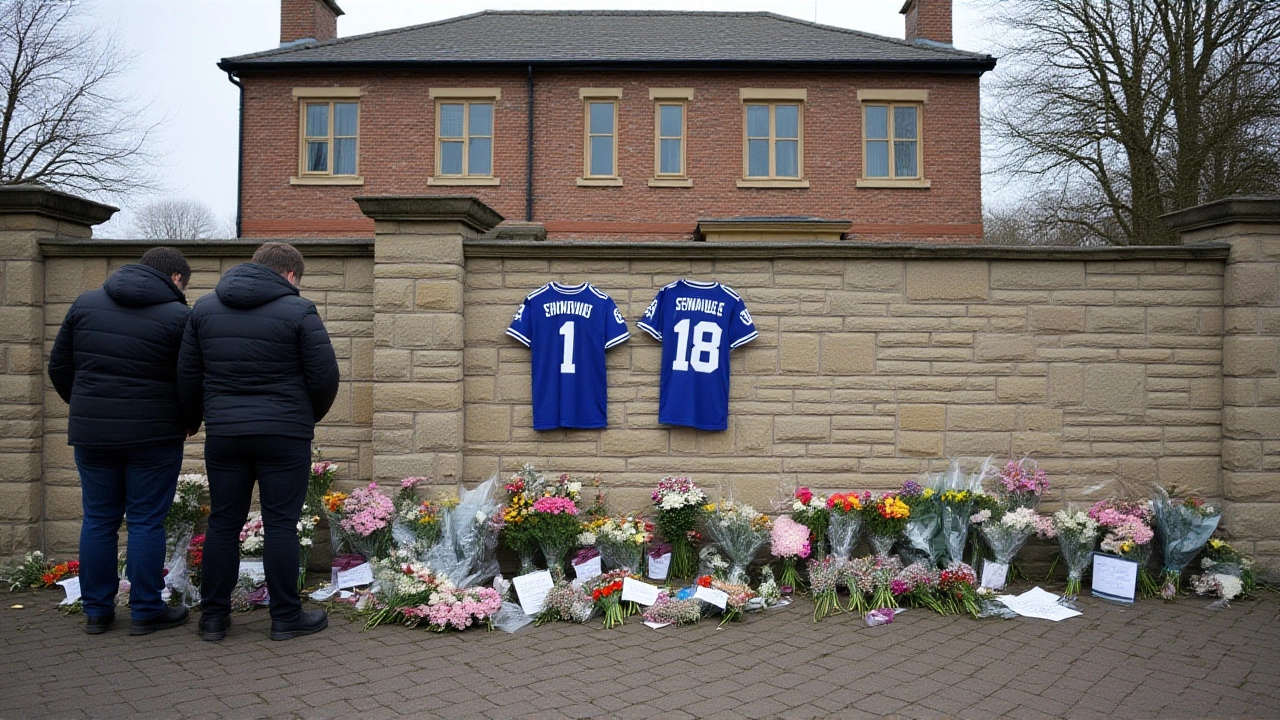Ricky Hatton – British Boxing Legend
When you hear the name Ricky Hatton, the English boxer from Manchester known as “The Hitman”. He epitomises the spirit of British boxing, the proud, gritty tradition of fighters who blend technical skill with relentless pressure and the drama of the lightweight division, a weight class famed for speed, stamina and knockout power. Hatton’s story isn’t just about belts; it’s about a kid from a council estate who turned a local gym into a launchpad for world‑stage glory. His aggressive, south‑paw style made every bout feel like a street‑fight turned spectacle, and fans quickly linked his identity with Manchester’s working‑class hustle. This connection—Ricky Hatton represents British boxing—creates a clear semantic triple that ties his personal brand, his national sport, and his hometown together. Below we’ll unpack how his early fights, championship moments, and post‑retirement projects weave a narrative that still inspires new fighters today.
Career milestones, rivalries, and the Manchester influence
Hatton burst onto the scene with a series of knockout wins that earned him the lightweight champion title in 2005, a milestone that still resonates in the UK. He defended that belt against opponents like Andrew Lewis, the “Bronze Bomber” who gave Hatton his first real test and later took on the charismatic American Paulie Malignaggi, a slick boxer whose skill set forced Hatton to adapt his pressure game. Perhaps the most talked‑about bout was his 2008 clash with Kostya Tszyu, the Russian‑born former champion who handed Hatton a crushing loss yet cemented both fighters’ legends. Each of these rivalries illustrates a semantic link: Ricky Hatton’s career required high‑profile fights, and those fights shaped the narrative of British boxing on a global stage. Beyond the ring, Hatton’s Manchester roots guided his training ethic. He spent countless hours at the Hayfield Boxing Club, a local hub that many credit for his relentless work rate. The city’s gritty atmosphere fed his nickname, and his fan base—often loud, chant‑filled crowds at Old Trafford—turned every home bout into a community celebration. This relationship—Manchester influences Hatton’s fighting style—creates another semantic triple that ties place, personality, and performance. After hanging up his gloves, Hatton launched the Hatton Foundation, a charity that supports youth sports and mental health initiatives in the North West, proving that his impact stretches far beyond punches and titles. In short, the collection below captures the many angles of Hatton’s journey: from the raw excitement of his early knockouts to the strategic depth of his championship defenses, and finally to his lasting legacy as a mentor and community champion. Whether you’re a long‑time fan or just curious about what makes a fighter like Hatton tick, the articles ahead offer practical insights, memorable anecdotes, and a clear picture of why his name still echoes in boxing gyms across the country.
Posted by
Caspian O'Reilly
0 Comments

Ricky Hatton, 46, died from heart arrhythmia in Hyde on 14 Sept 2025. Boxing bodies retire his belt, launch a memorial award, and mourn the loss.
read more